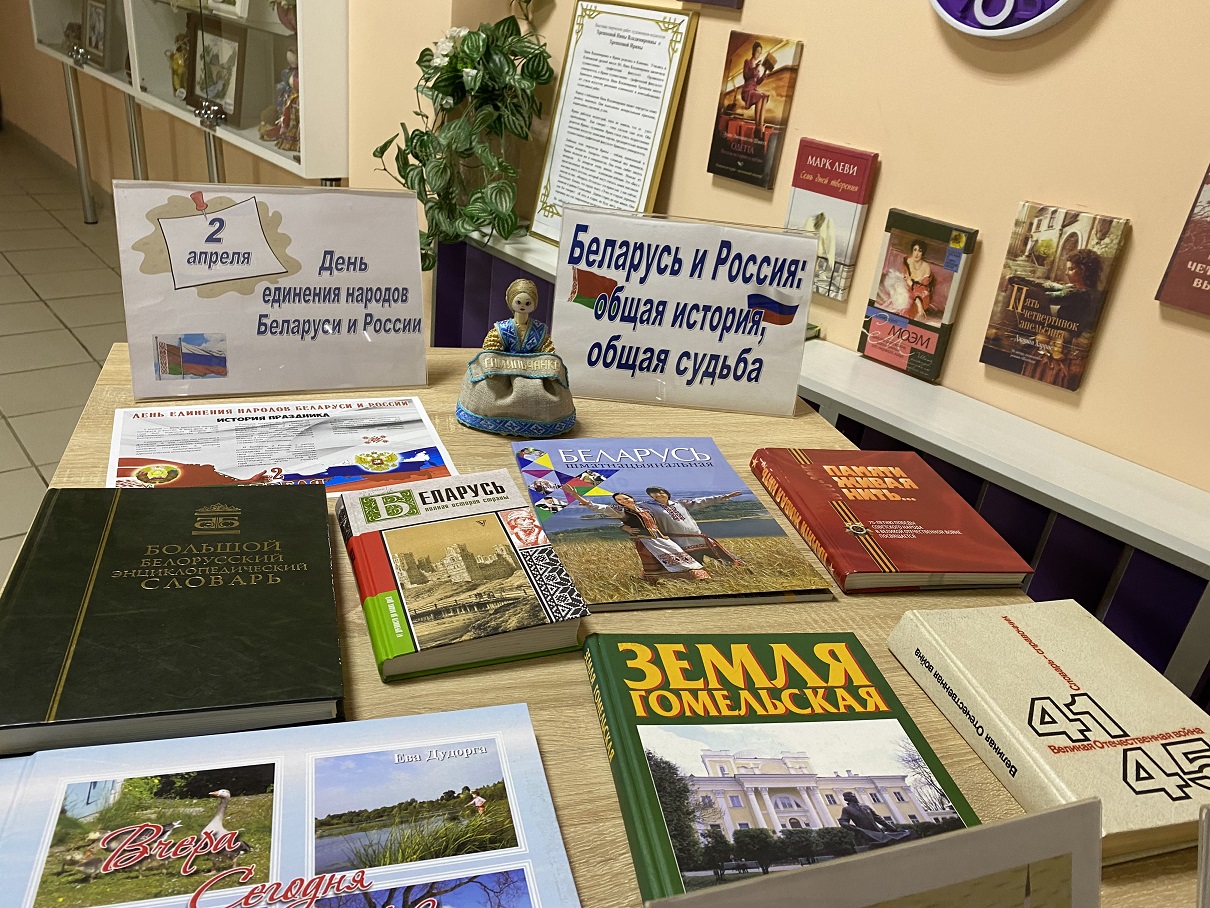Belarus and Russia Aim for Complete Integration into a Unified Cultural and Ideological Space
 The situation got worse
The situation got worse

Belarus and Russia are working towards fully integrating into a unified cultural and ideological space. To achieve this, there are plans to further synchronize approaches to teaching history in schools and universities, including the creation of unified textbooks. In the future, “reforms” of other humanities disciplines may follow, in a manner reminiscent of total resovietization.
Vladimir Medinsky, former Minister of Culture of Russia, Presidential Assistant, and Chairman of the Interdepartmental Commission on Historical Enlightenment, stated that the partners of the Union State need to synchronize their approaches to teaching history. In his view, it is necessary to refine the ideological-conceptual apparatus and uniform methods of studying history – ideally, to achieve maximum balance in the teaching of history in schools and universities.
He explained the need for this initiative as follows: “If we do not tell our children about our history, then relevant foreign foundations will. It will be a completely different history – and the perceptions of good and evil among our younger generations will also be those desired by our geopolitical competitors.”
Medinsky shared these thoughts during the second meeting of the Russian-Belarusian Expert-Advisory Council on History (EAC). The EAC is a working body of the joint Russian-Belarusian commission on history, created at the end of 2023 by the directive of Putin and Lukashenka. One of the commission’s tasks is precisely to establish a definite order in “historical memory.”
To achieve this, of course, it is necessary to create unified history textbooks for Belarus and Russia, a topic that representatives of the EAC – and others – have repeatedly expressed. Boris Gryzlov announced the creation of such textbooks three and a half months ago – and preemptively praised the History Commission (which had not yet accomplished anything at that point). According to him, this structure is intended to facilitate the coordination of bilateral efforts related to “protecting historical truth and preserving the memory of our shared history, reflected among other things in educational literature.”
Today, there are few achievements in the field of forming a unified history, but they exist. These include the collections “Historical Memory: The Great Victory, Achieved by Unity: Materials of the International Parliamentary Conference, Minsk, June 14-15, 2022”; “History for the Future: Contemporary Research on the History of Diasporas and Migrations,” and a few additional items. The most notable achievement in the aspect of merging historical memory was presented at the beginning of spring 2024 – a manual on the history of the Union State. The academic collective that produced it managed to print a history of a not fully-fledged state without a history in a whole 288 pages.
For a complete closure in a unified cultural and ideological space, common history textbooks are probably not enough. Ideally, it would be necessary to “reform” all humanities disciplines at a minimum.
In mid-March, the leading educator of the country, Lukashenka, was angered, for example, by philosophy textbooks, from which he expected simplicity and clarity, where the laws of dialectics would be clearly formulated, and the advantages of materialism over idealism indicated. Therefore, he demanded new textbooks, “which would be no worse than in the Soviet period.” Oleg Romanov, head of the “White Russia” party, in turn, reported: a new philosophy textbook, taking into account the previously made remarks by the head of state, has already been prepared and is in the Ministry of Education.
Previously, on the eve of the new academic year, by Lukashenka’s order, the Ministry of Education conducted a thorough revision of five educational materials: geography for 7th grade and biology for 8th were ready by September 2023. Textbooks on the history of Belarus for 9th and 10th grades, as well as geography for 8th, were promised to be published soon, but something apparently went wrong. On February 29, 2024, the Minister of Education Andrey Ivanets expressed confidence that in the matter of textbooks for 2024-2025, a final point should be set.
It seems that the authorities still do not believe in the success of new books on history, geography, philosophy, etc., and keep backup measures ready. If a large print run of new waste paper is not enough, it is necessary to additionally protect young people from Western education, hence Belarus has begun a new stage in the fight against the outflow of applicants abroad. Recently, the Department of Quality Control of Education of the Ministry of Education of Belarus stopped accepting applications for certificates confirming the legality of diplomas. These were requested by some foreign universities when admitting applicants from Belarus.
Subscribe to our newsletter




Situation in Belarus
Constitutional referendum: main consequences


 Video
Video
How to count the political prisoners: are the new criteria needed?


 Video
Video
Paternalism In Decline, Belarusian Euroscepticism, And The Influence Of Russia


 Video
Video












